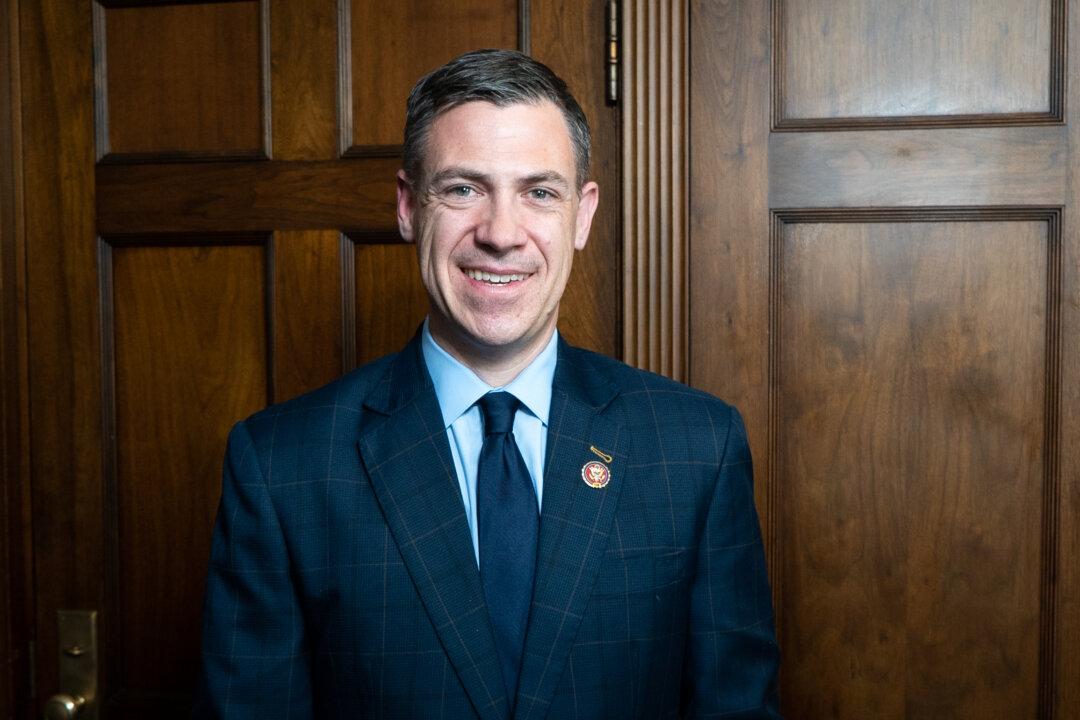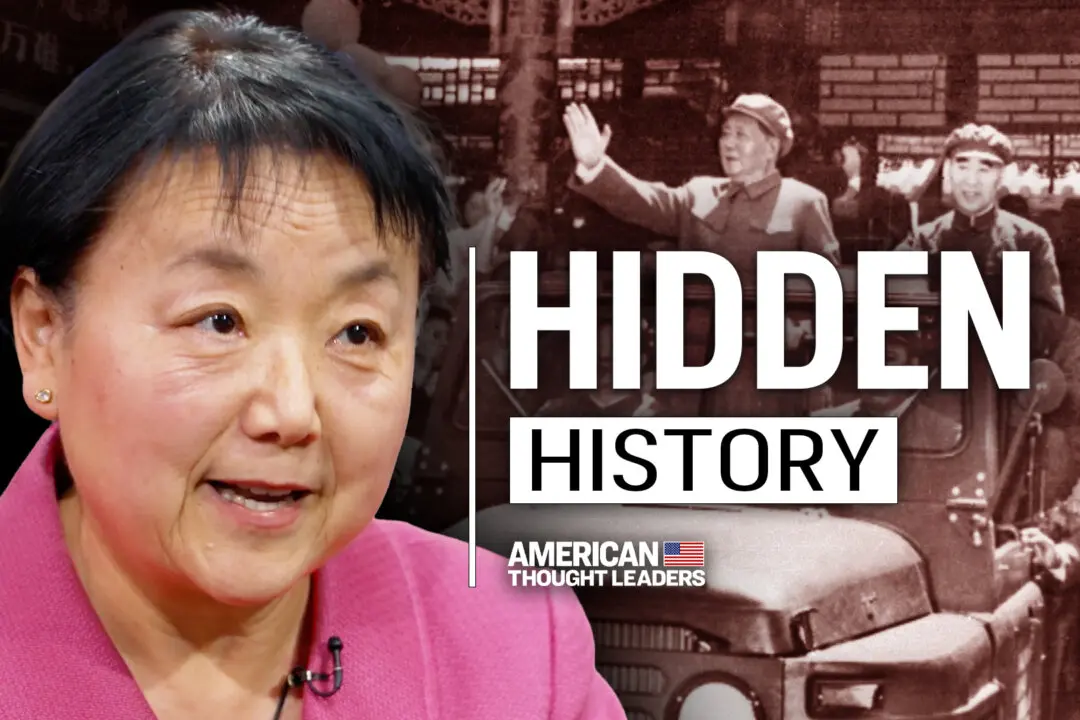The Beijing regime should pay a “severe price” for covering up the deadly CCP virus pandemic and inflicting a huge financial and health toll on the United States and Americans, Rep. Jim Banks (R-Ind.) told The Epoch Times.
The “reparations” could take on a variety of forms, including forcing China to forgive some or all of the U.S. national debt that China has bought up, institute tariffs on Chinese goods as a punishment, and pull state pension funds out of Chinese investments, according to Banks.





